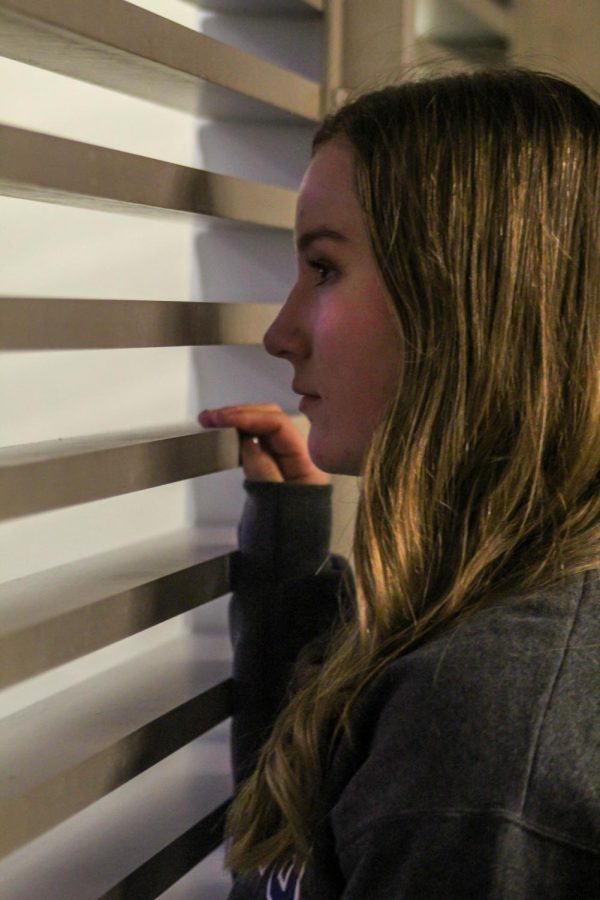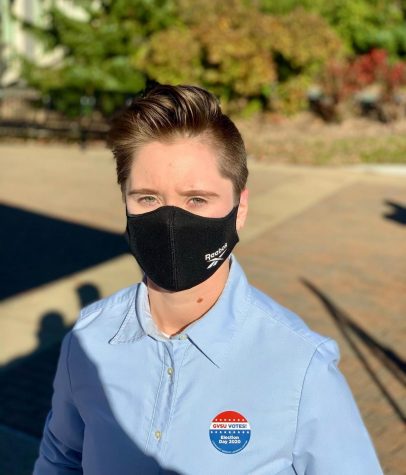MDHHS seeks proposals to advocate for crimes against women and domestic abuse
Oct 28, 2019
Last week, the Michigan Department of Health and Human Services issued two requests for proposals relating to violent crimes against women and victim advocacy. The funding being bid is a formula grant through the Violence Against Women STOP Violence grant. The funding goal is to improve system response to victims of domestic and dating violence, sexual assault and stalking.
One of the proposal requests is open to law enforcement agencies, prosecutor offices and federally recognized Native American tribes and seeks to award up to 10 grants for law enforcement and prosecution projects, with a total of $2 million available for disbursement and a minimum award of $10,000. The second proposal request is open to non-profit agencies, community-based organizations and federally recognized Native American tribes that provide services to victims of violent crimes against women.
$1.2 million is available to fund up to 10 awards for this proposal request. Grant applications for both proposal requests must be submitted electronically through the MI E-Grants program by Nov. 12 at 3 p.m. The program period is Jan. 1, 2020 through Sept. 30, 2020.
The proposal requests work in conjunction with the Services Training Officers Prosecutors program, which focuses on implementation of comprehensive strategies that are sensitive to the needs and safety of victims and hold offenders accountable. Proposal request applicants are being encouraged to implement these approaches through partnering with both criminal justice agencies and victim service providers to create solutions that are different, new and tailored to violence and domestic abuse survivors.
The first of the grants, STOPL-2020, focuses on developing and implementing more effective police, court and persecution policies, protocols and orders as well as developing, training and expanding units of law enforcement officers, judges, other court personnel and prosecutors. Tribal applicant priorities include developing, enlarging or strengthening programs addressing the needs and circumstances of Indian tribes in dealing with violent crimes against women.
The second grant, STOPV-2020, focuses on interdepartmental collaboration among nonprofit organizations providing services to domestic and sexual violence survivors and stalking victims. The goal of this grant aims to create better communication networks between law enforcement and advocacy groups to provide higher quality care and assistance to survivors, victims and at-risk individuals.
Krystal Diel, Violence Prevention and Education Coordinator for the Gayle R. Davis Center for the Women and Gender Equity Center, said that she supports the MDHHS in their goal of creating more advocacy, but says it’s important to remember and include the LGBTQ victims of violent crimes as well.
“I think it is really great to see that MDHHS continues to fund and support initiatives that address domestic violence as this work is oftentimes underfunded and under-resourced,” Diel said. “It is important to note that people of all gender identities can experience domestic violence and domestic abuse, and that we not alienate those individuals in the discussion of advocacy.”
According to the Gayle R. Davis Center for the Women and Gender Equity Center, 1 in 5 women, 64 percent of transgender individuals and 1 in 16 men experience sexual assault. Other statistics often cite 1 in 4 women and 1 in 6 men. These are national statistics, and West Michigan has a fairly similar pattern to national trends. Specifically, black transgender women are among the greatest victims of violence in recent years and advocacy groups for them have grown substantially.
Diel believes that by having these grants, communities will be better able to hire prosecutors dedicated to domestic violence cases as well as fund fatality review teams in order to better address issues of domestic violence in communities. With the creation of these teams, communities may be better equipped to handle homicides due to domestic violence.
Miel said she hopes that these proposals will better meet the needs of tribes as well, since state laws typically fail to protect indigenous women. As a victim advocate, Diel works with individuals experiencing sexual violence including but not limited to sexual assault, dating or domestic violence, stalking and harassment, and acts as a private resource and a listening ear for victims.
“I can help students file personal protection orders, get connected with counseling, report to the police or to Title IX if they so choose, create a safety plan, help them move living centers and talk with professors,” Diel said. “My job is to make sure students are healthy and safe. I would let someone who is experiencing violence know that it is not their fault and that they are not alone.”

























